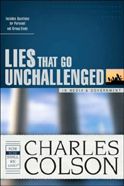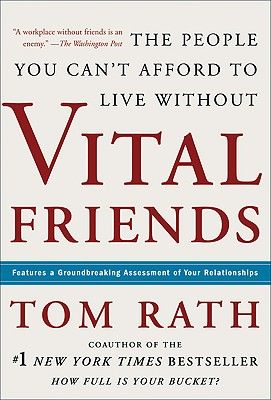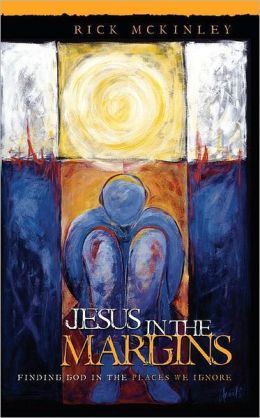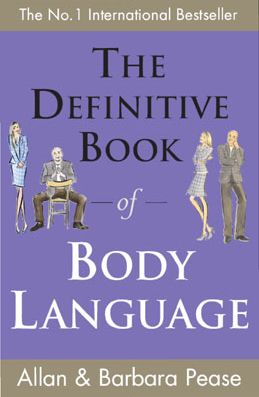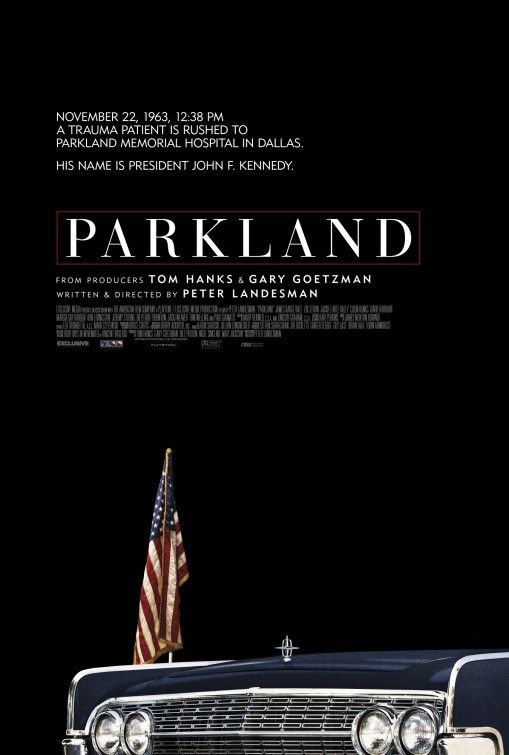Friday, August 06, 2004
Fritz Lang's Metropolis was the first of a series of German Silent films being shown on the big screen every Thursdays of this month in SM Megamall. It's quite a treat watcing silent films again on the big screen right after last November's showing of Unheimliche GeschichtenSet ("Developed Uncanny Stories") at The Podium. The movie is set in the year 2026 (a hundred years from the date it's made) and it tells a cautionary tale of the rich setting the poor to work underground while they live it up miles above the ground eventually forcing the former to rise up in revolt. The story revolves around Johhan (Joh) Fredersen (Alfred Abel), the only son of the Dictator Freder Fredersen (Gustav Fröhlich) who rules the people with an iron glove. Joh sees the underground city where the poor citizens are forced to work for the first time and he was horrified with the set up. He goes to his father and demands an explanation about his discovery but an explanation wasn't forthcoming he goes back down again and changes clothes with a workman he took pity on. After finishing the workman's 10 hour shift he goes to follow them further underground to an enclave where a stage and an "altar" was carved out of the rocks. There he discovers the young girl whose beauty intrigued him, Maria (Brigitte Helm). Maria was considered to be the poor people's pristess who continues to offer hope with her prophecy that the one who would bridge the gap between the rich and poor is coming soon. Freder wouldn't have anymore of these nonsense so he charges C.A. Rotwang (Rudolf Klein-Rogge), a scientist and one-time rival for the hands of his beloved dead wife, to create an evil clone of Maria to lead the poor people to their destruction. Rotwang then kidnaps Maria and brought her to his lab and created a perfect copy of Maria out his robot invention (Der Maschinen-Mensch). The evil Maria held another assembly and roused the people to revolt by destroying the machines that made the floating city above them work. What they didn't know that in doing so, the machinery holding back the waters would cause the dam to break and flood the whole underground community.
I understand that Osamu Tezuka took this same story and updated it to create his manga-turned-anime "Metoroporisu". Considered a classic because of , among other reasons, Lang's near perfect vision of the future and the gigantic sets constructed for the movie (at a time when movies featured mostly classic literature) and not to mention the special effects used in the movie. Also worth noticing is the biblical backdrop from which the story is constructed. These are just some of the glaring comparisons: the Tower of Babel from which Freder Fredersen rules and keeps watch over the city corresponds with the biblical story about the tower built by the people headed by the ambitious Nimrod. The tower eventually lent its name to a city of excesses and cruelty that took a group of people into slavery just like the one stated in the Old Testament of the Bible and a prophesied messiah that would come to save the people from their plight also corresponds with the Old Testament prophecies concerning the coming of Jesus. Techno music which accompanied the movie was provided by the brilliant Rubber Inc. and the film showing was sponsored by The Goethe Institute.

 @ 2:41 PM --->
@ 2:41 PM ---> 


